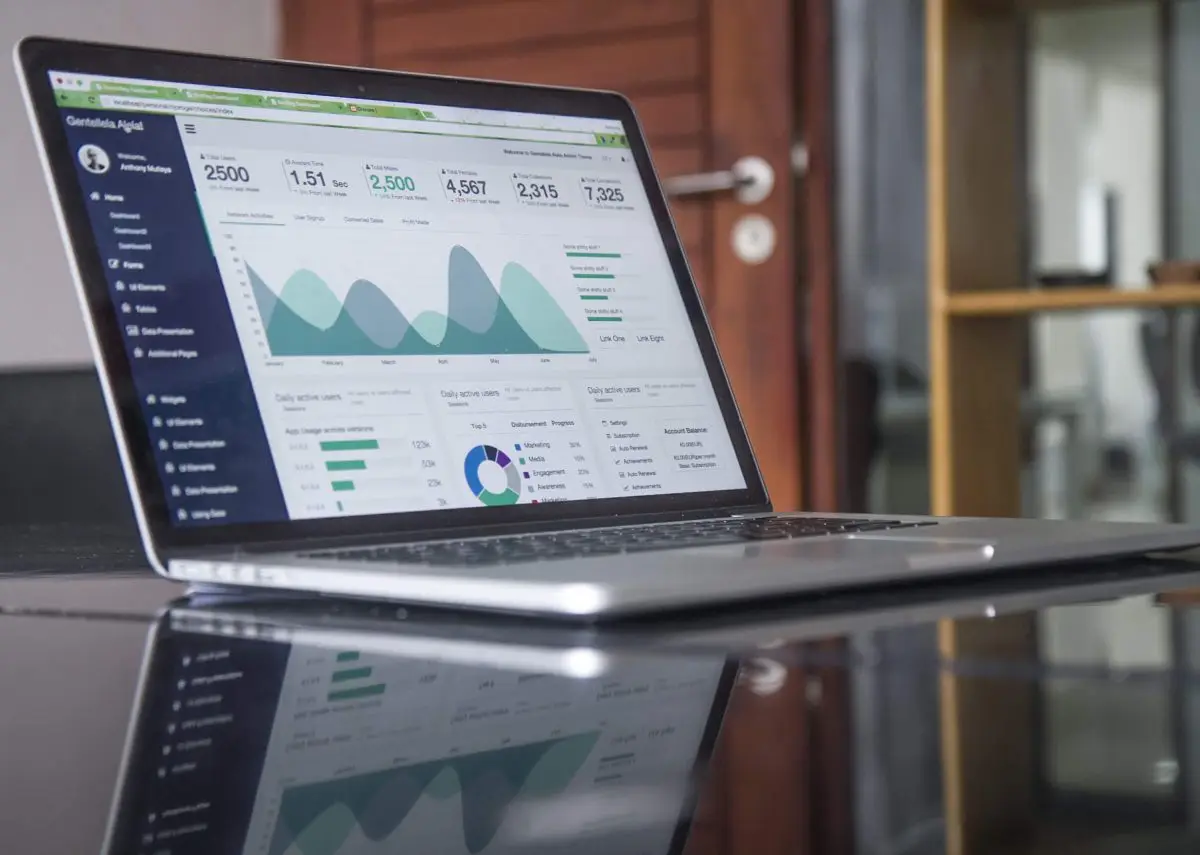Do you have an accurate sense of how well your company is performing?
It’s often said, “what you can’t measure you can’t improve.” When Peter Drucker first said this, he was referring to the performance indicators within a business. You can grow and scale profitably when you correctly create and monitor key indicators.
These key metrics can reveal your business goals, improve customer experience, and ultimately improve your bottom line.
Whether referring to acquiring a new customer, starting an online store, measuring return on ad spend (ROAS) or return on investment (ROI) KPIs are what lead your business to structured growth. But that’s not all you need to improve your bottom line. You also need the right professionals in place to coordinate that data across your organization.
In this article, we will take a look at good eCommerce Key Performance Indicators (KPIs), why you should implement them in your business, which ones are most important for you to track, and how to get KPI’s in your daily routine.
What Is a KPI?
A KPI measures the effectiveness of a function within an organization over a period of time. Whether you have an eCommerce store, run a digital marketing agency, or have a small retail shop doesn’t matter. Online stores and brick-and-mortar businesses can gain relevant insight that translates to proactive financial strategies.
By tracking and comparing KPIs, like the time it takes invoices to be paid, analysts can spot long-term trends and short-term problems. With this information, relevant insight can be gained and managers can take proactive measures before it’s too late.
KPIs are business metrics used by managers to track and analyze factors and trends deemed crucial to the success of an organization. Effective KPIs focus on the business units and functions that are crucial for progress toward meeting strategic goals and performance targets. Putting important KPIs in place provides a roadmap to success for a business. For example, a CEO focuses on profitability as their most important performance measurement for the company, while the Vice President of Sales tracks the ratio of sales – wins vs. losses.
Why KPIs are Important
Key performance indicators shine a light on how well a business is doing. Without KPIs, businesses are unable to gauge progress over time. Business leaders would be making decisions based on gut instinct, personal preference, or belief. KPIs tell you important information objectively, which enables you to make informed, strategic decisions.
The benchmarks and indicators you track are set targets throughout the business to help attain the strategic goals. KPIs help businesses to concentrate on a standard goal and make sure that it’s aligned among the company. Thus, it’s vital that corporations understand what to precisely measure and how to report on those numbers.
Important KPIs to Track
There are many types of KPIs that are critical to your business. Every company has different KPIs that are more important to them than others. Just like each department also has pieces of the metrics that are vital to track. KPIs may be qualitative, quantitative, predictive of the future, or revealing of the past. When it comes to eCommerce, KPIs typically fall into one of the following categories: Sales, Marketing, Customer Service, Manufacturing, and/or Project Management.
Below is a short list of critical KPIs for your eCommerce business:
-
Gross Profit
-
New customer orders vs. returning customer orders
-
Customer acquisition cost (CAC)
-
Newsletter Subscribers
-
Email click-through rate (CTR)
-
Hit rate
-
Overall labor effectiveness (OLE)
-
Return on Investment (ROI)
-
Cost variance
However, KPIs aren’t important on their own without action. The real value is in analyzing the data and the actionable insights made to improve the business.
How to Create a KPI
When beginning the process of selecting the right eCommerce KPIs may seem burdensome and exhausting. When pinpointing your crucial KPIs, begin with clearly identifying your goals and understanding which areas of the business impact those goals.
Next, comes deciding which KPIs help you measure the success of reaching each of the goals you set for your eCommerce business. In order to select the most useful KPIs for your business, you need to involve your team and data analyst. You must ask them the right questions when developing your list, because these KPIs help your company react instantly to events that may impact the business.
Once you have set goals and identified KPIs, the challenging part of this process is properly evaluating the information you receive from these KPIs. It is key to have a trained financial data analyst either on your team or an outsourced option to analyze action items from the data.
The feedback your analyst provides is what leads to improvement and real growth in your business. It is important to make sure you have the right system in place to measure your data points as accurately as possible. With a reliable system in place, you’re able to develop more granular indicators for the success of your eCommerce business.
Tracking Your KPIs
The results are in the action. The real benefit of developing specific KPIs is to have the ability to measure the results of your actions. You can stop doing the activities that are hurting your business and start doing a lot more of the activities that lead to better growth and keeping more of your hard-earned money.
There are many financial metrics that you can track, but as eCommerce experts, we recommend you set-up the critical KPIs found in our KPI guide. This guide is the real secret weapon to growth, scale, and profitability of your digital business and it’s yours free! The indicators found in this guide allow your monthly management reporting to come alive and make critical financial decisions.
Many companies face difficulties in measuring the performance of support functions among the organization, like Human Resources, Information Technology, or the Finance and Accounting Department.
In today’s digital world, it is important to have your finance department regularly track and measure the metrics for your entire company. Remember, you can’t improve what you can’t measure. Your finance department is central to the success of your organization, whether it is in-house or outsourced. KPIs give management an idea of how well each department is performing. Additionally, they give finance professionals clear objectives to aim for, allowing them to give strategic feedback to keep the company aligned with its goals.
Your Company’s Success
Building out a functional performance management system will help provide the most effective results for an organization. It is important to make sure the system is aligned across the organization, not isolated around the key useful areas. Based on the department strategy and the objectives developed, appropriate KPIs will naturally be selected to monitor performance.
For best practices of measuring KPIs for your business, we recommend that your finance department creates a dashboard to monitor all key activities. It is crucial that the dashboard comprises the strategic objectives and therefore, the KPIs.
By clarifying this role to the finance team, and establishing a technique, it becomes easier to make strategic progress. It also allows you to become more efficient and effective as a business overall. The objectives created from these KPIs help managers map progress and keep the team focused on what matters most.
Sadly, many business owners will not invest the time to do this critical function in their eCommerce business. As a result, acquisition costs continue to rise for new and existing customers. With the competition so high today because the entry barrier is so low, this is your secret weapon.
How We Can Help
At Fully Accountable, our team of industry experts go beyond just accounting and finance for your eCommerce or digital company at a fraction of the cost of hiring internally. We Speak Digital. Fully Accountable has a complete finance department with dedicated data analysts who prepare your KPIs and benchmarking, and eCommerce benchmarking for competitive growth.
Our team is here to support you every step of the way. If you want to learn even more about implementing KPIs into your eCommerce business, download our Critical KPIs guide! It was created to encourage you to take action and operate your company by the critical metrics of your industry. Have questions or want to learn more?
Contact us – we’re here to help!
Chris Giorgio is the President of Fully Accountable. Fully Accountable is an outsourced accounting firm specializing in eCommerce and digital businesses. Chris has served as a CPA, CFO and has over 14 years of experience in the accounting and finance industry. Chris has dedicated his career towards helping entrepreneurs and high-level business owners achieve greater profitability through specialized outsource accounting functions.






